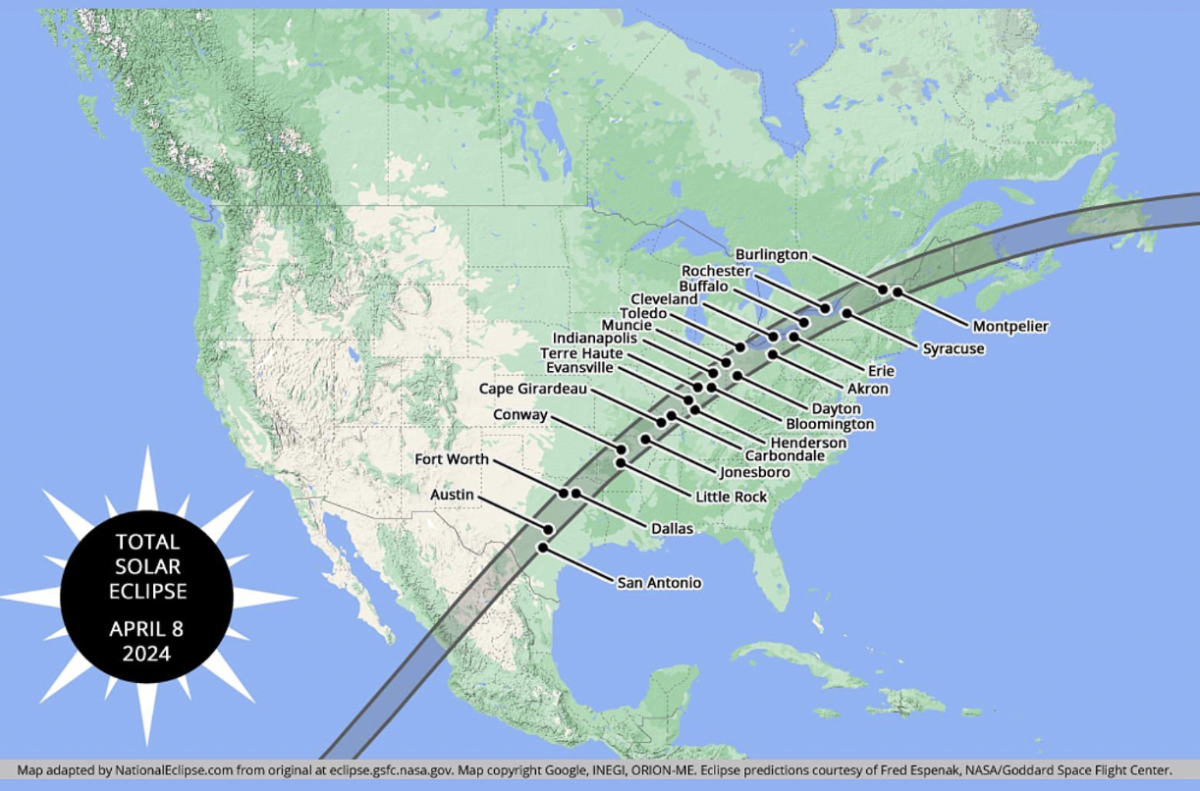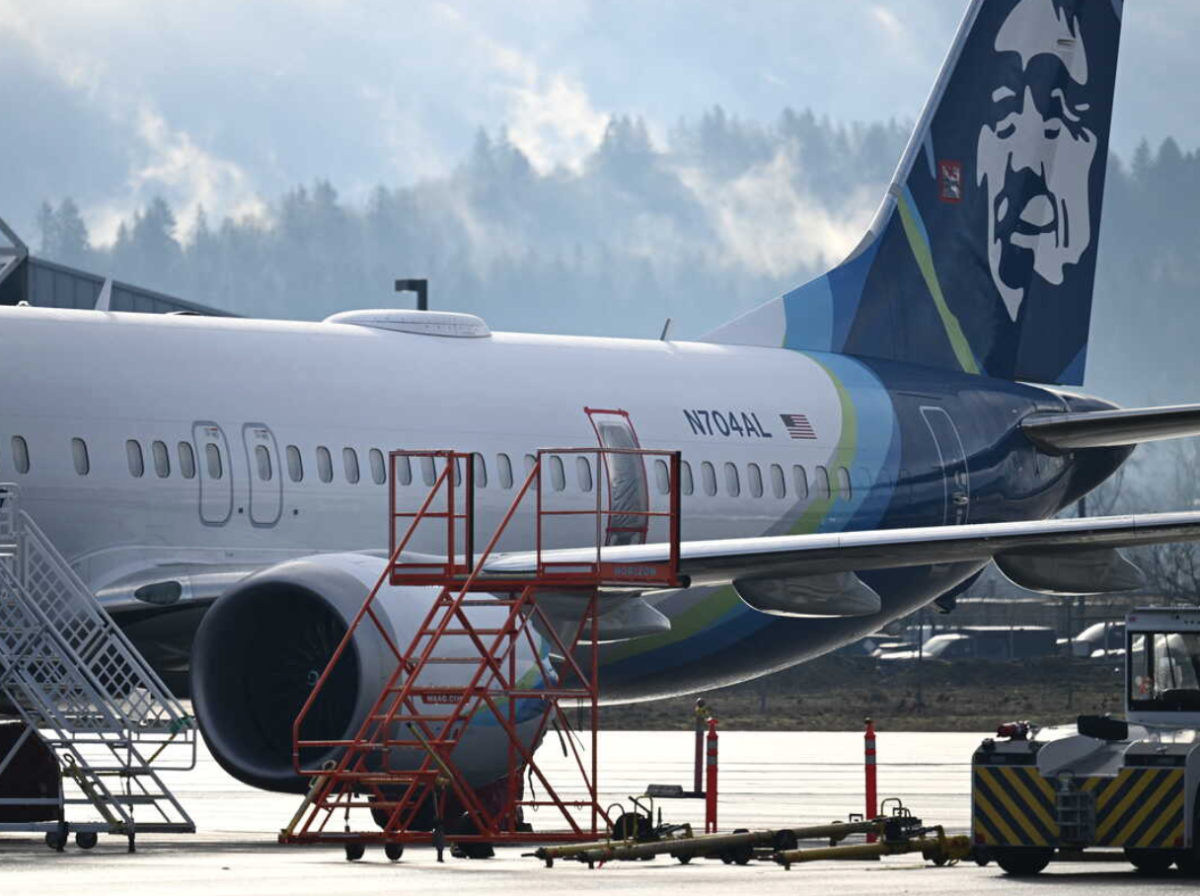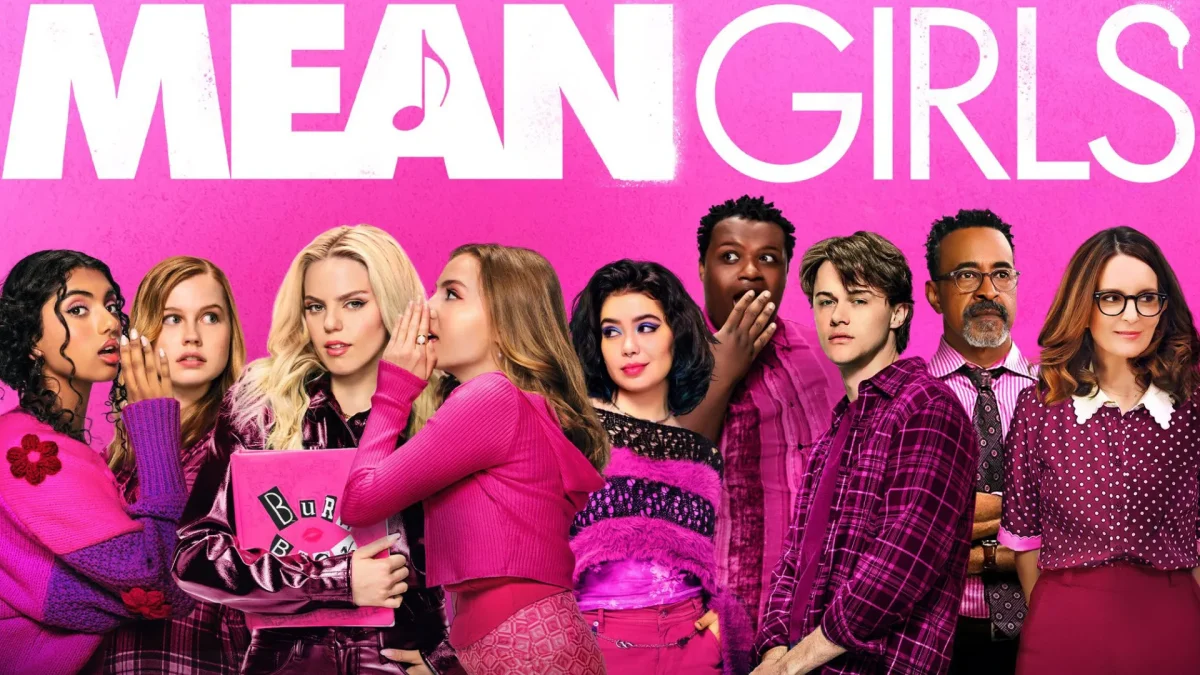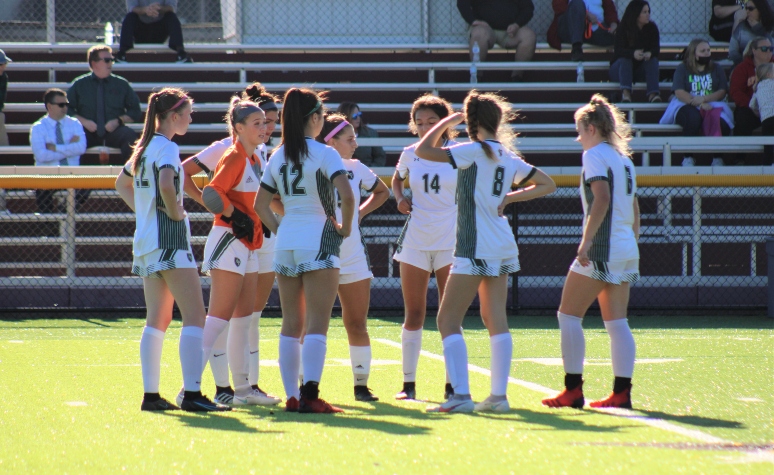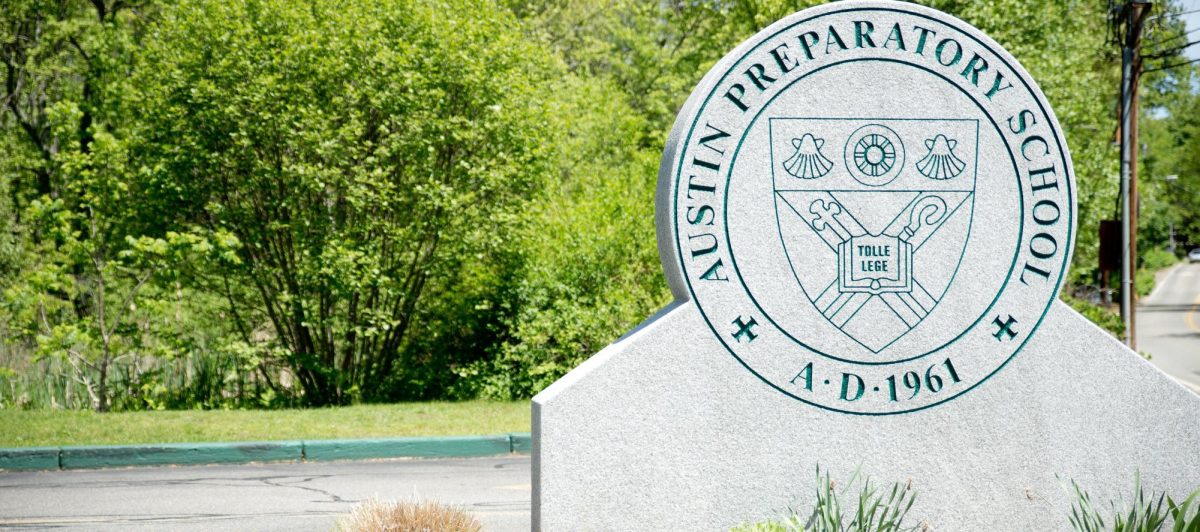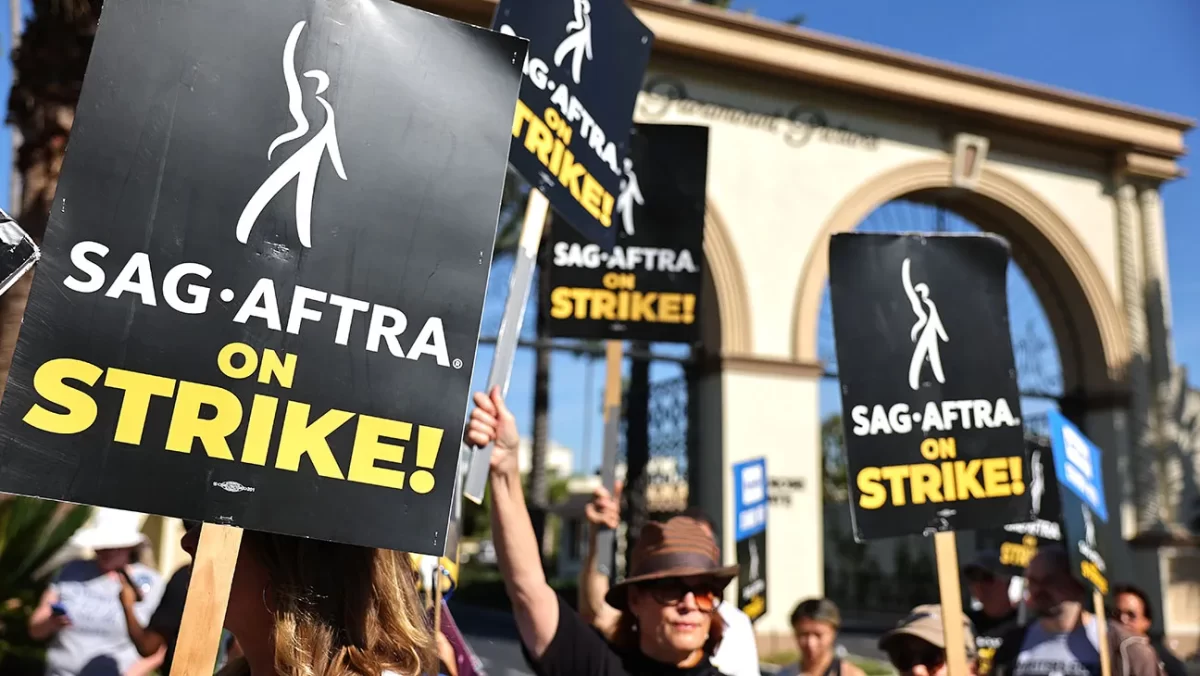You may have heard talk about the strikes inundating Hollywood this past summer; with countless TV shows and movies being pushed back in production and some even having to pause during the middle of the seasons, many were left wondering what caused this upheaval within the entertainment industry. The answer? Many of the actors and writers in your favorite TV shows and films have taken to the picket lines. In other words, Hollywood has been put on pause until demands are met. But who is initiating these strikes? And why?
When discussing these strikes, it is important to first define the two major unions that are a part of this broader trend of civil disobedience. Beginning with the WGA: Writers Guild of America, a union representing writers in film, television, radio and other online media. Next there is SAG-AFTRA: a combination of Screen Actors Guild and the American Federation of Television and Radio Artists, which essentially represents actors and actresses across all forms of media and entertainment. The reason there seems to be an excessive amount of unions is because unions are crucial to protecting the rights of workers. These unions ensure that all studios have to go through their prospective employees’ respective unions to negotiate terms for the person they will be employing. This decreases the likelihood of an actor or writer agreeing to terms that may not necessarily match their values, as unions work to bridge the power balance gap between studios and those they employ. It is important to recognize that both of these unions not only went on strike at the same time, but they also established an alliance on the picket lines. This is monumental, as the last time WGA and SAG-AFTRA came together in solidarity on the picket lines was in 1960. Through this alliance, the unions were able to secure a residual system that helped support middle class workers for decades. That win encapsulates the importance of strikes as a whole: they grant workers collective bargaining rights. Focusing on the next crucial aspect of this story, let’s delve into the specific objectives driving these union strikes.
SAG-AFTRA and WGA all went on strike against AMPTP. AMPTP stands for Alliance of Motion Picture and Television Producers, and they are the production company that works with these unions to draft their contracts. The contracts of each of these respective unions renew every three years, in which the union will come into negotiation with AMPTP to discuss any necessary changes that may need to be made to the contract before its renewal. The overarching reason for this strike is that each union believes that AMPTP is not valuing the labor of actors or writers in a myriad of ways, claiming that studios are trying to find a way around paying actors enough to maintain a “middle class” existence. WGA argued that a writing career that provides a stable income for writers has become increasingly unattainable, as much of the media they write for resides in the realm of streaming services, a space that does not yet have guidelines regarding residuals. Residuals are the compensation paid for the reuse of a credited writer’s work. WGA has pointed out that production companies are able to pay writers much less that they should be earning under the current agreements regarding streaming service residuals, despite the fact that they make up a large part of on air work that writers participate in. WGA also presented concerns regarding the use of AI in the writers room, specifically pointing out the threat of replacement that AI poses. SAG-AFTRA had similar concerns, positing that residuals from streaming services should be brought in line with those traditionally paid out by theatrical and broadcast productions. They also fought back against AMPTP attempts at using AI technology to populate scenes with background actors as opposed to paying actual people to act in these scenes. Essentially, both SAG-AFTRA and WGA aimed to ensure the consistent employment of writers and actors in an industry that consistently seeks to diminish the value of their contributions.
Even though contracts for SAG-AFTRA and WGA had expired earlier in the summer, they officially allied with one another on July 13, 2023. Throughout the scorching summer months, members of SAG-AFTRA and WGA took to the picket lines everyday to protest the actions of AMPTP. Picket lines are a barrier that a union establishes right outside of their place of employment, where members of the union will stand (usually with signs) and work to persuade others not to carry out work. This deliberate withholding of labor is meant to attract the attention of whatever company a union is striking against, in this case AMPTP. Finally, on September 26, an agreement was reached between WGA and AMPTP. Remember, this does not mean that SAG-AFTRA also reached an agreement. At the time of this article, SAG-AFTRA is maintaining its strike and is still involved in negotiations with AMPTP. However, the WGA agreement had many exciting results: increases in minimum wage, increases in pension and health fund rates, improvements to terms for length of employment and size of writing teams, better residuals (including foreign streaming residuals), and the banning of the use of AI software to reduce or eliminate writers and their pay. The agreements made on the WGA contract are likely to influence the SAG-AFTRA negotiations, which most are hoping will come to a close in the next month. In the meantime, WGA members have been encouraged to join SAG-AFTRA members on the picket lines.
The WGA and SAG-AFTRA strikes are relevant beyond their importance to your weekly entertainment rotations, they serve as a modern example of the vitality of strikes and the right to organize. Many children across the country learn about strikes from the early 1900’s by miners and railroad workers, but rarely hear about the hard work done by Starbucks employees and automobile workers that are fighting for the same rights those miners were decades ago. It’s nearly disheartening to think workers still have to use the tactic of withholding labor to guarantee basic rights and protections. Overall, The unwavering efforts of WGA and SAG-AFTRA members underscore the crucial role of strikes in preserving the vitality of our democracy.
